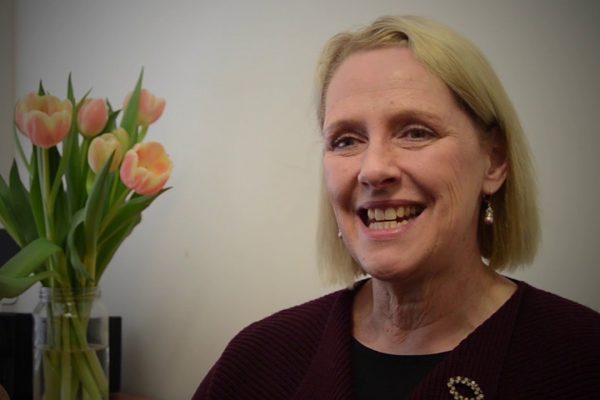I have a ‘bad’ habit of listening to audiobooks at night and falling asleep immediately when the machine begins to play. I have listened to the first few pages of the same chapter of a historical book on Asia for a few months now, as I fall asleep every time I play the recording. It is hard to understand the next chapter without going through the previous one. The experience of reading or listening to a book, especially historical or autobiographical books, is that we need to follow and understand each chapter of the book because usually each chapter is linked to one another or it flows out according to a particular order. Have you had these experiences? I think with that experience, it might help us to understand what we are celebrating today: ‘the Solemnity of the Lord’s Ascension into Heaven.’ Ascension is not about Jesus’ finishing, but it is about the new chapter of the book that Jesus is no longer around but is deeply connected to him.
When we hear the word ‘Ascension,’ we immediately think of ‘up’ or ‘lifted up’ and that is what makes us confused when we talk about Jesus’ ascension forty days after His Resurrection. Then, we talk and use the language of ‘finishing’, ‘complete’, ‘Jesus is no longer around’ or this historical book about Jesus is finished; there is no more to read, closing the last page and putting it onto the bookshelves.
Thinking of Jesus’ Ascension as a ‘going up’ is natural because in the Apostles’ Creed, we affirm this idea of ‘going up’, when we pray: “He ascended into heaven and is seated at the right hand of the Father.”
But what is Ascension all about? It means that in the incarnation event, Jesus became one of us by the power of the Holy Spirit and it continues with the ascension’s event. Ascension was not the final chapter of Jesus in this world. Ascension is a continuing event of Jesus’s presence among us in different ways and forms, that our human language is unable to explain in the complete term. Rather, this is his hour of glorification by the Father, the time for his physical and visible presence in our midst is completed but the time for his presence in its invisible and sacramental dimension has just started.
Even though Christ is no longer present to us physically and visibly, he is still here with us because he reminds us that ‘whatever you do to the least of my brothers and sisters, you do it to me.’ He also said: “Whenever you gather in my name, I am in your midst.” In the consecration of the Eucharist, the priest pronounces: “This is my body…This is my blood.” Indeed, the host and the wine become Christ’s body and blood. Therefore, he is still with us until the end of time. Then, the next big question is why is there Ascension?
Ascension indicates the time for preparing his apostles for their mission of establishing his Church is over, while the time for their participation in continuing that mission has just started. In other words, his Ascension was not just a farewell for Jesus but the handing over of the mission to his followers. This mission is no other than sharing the love of God, changing the hearts of people, witnessing to Christ in the world, preaching the Good News to the people who may have lost this message or people may not have heard about this message. Even more, Ascension is a massive lesson of adapting change – change in leadership, change in faith, change in looking at one another, change and adapting our lives into a different context.
Let the Spirit of this celebration always encourage us in facing the new challenge.
By Fr Trac Nguyen




Comments
Add Comment